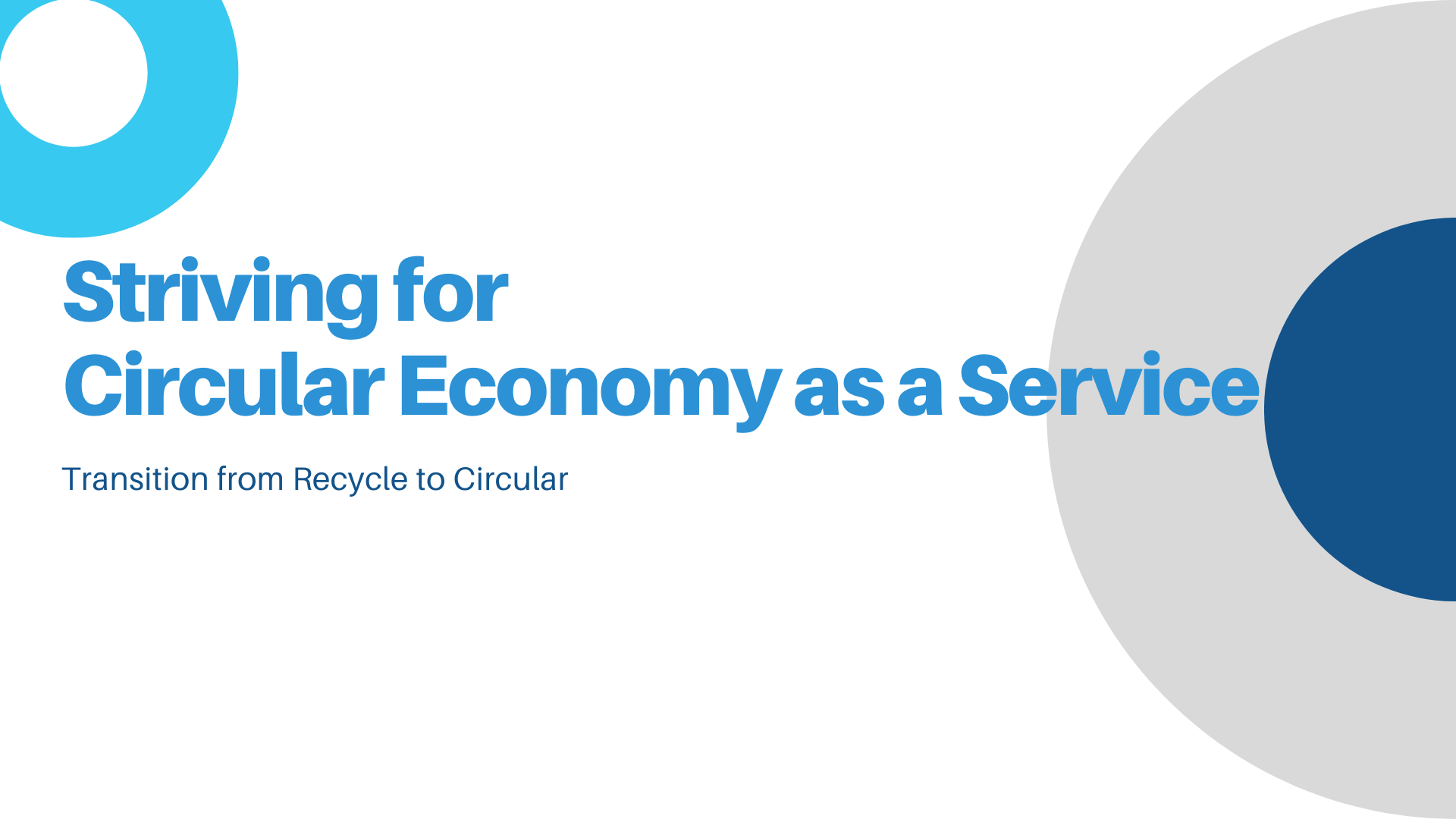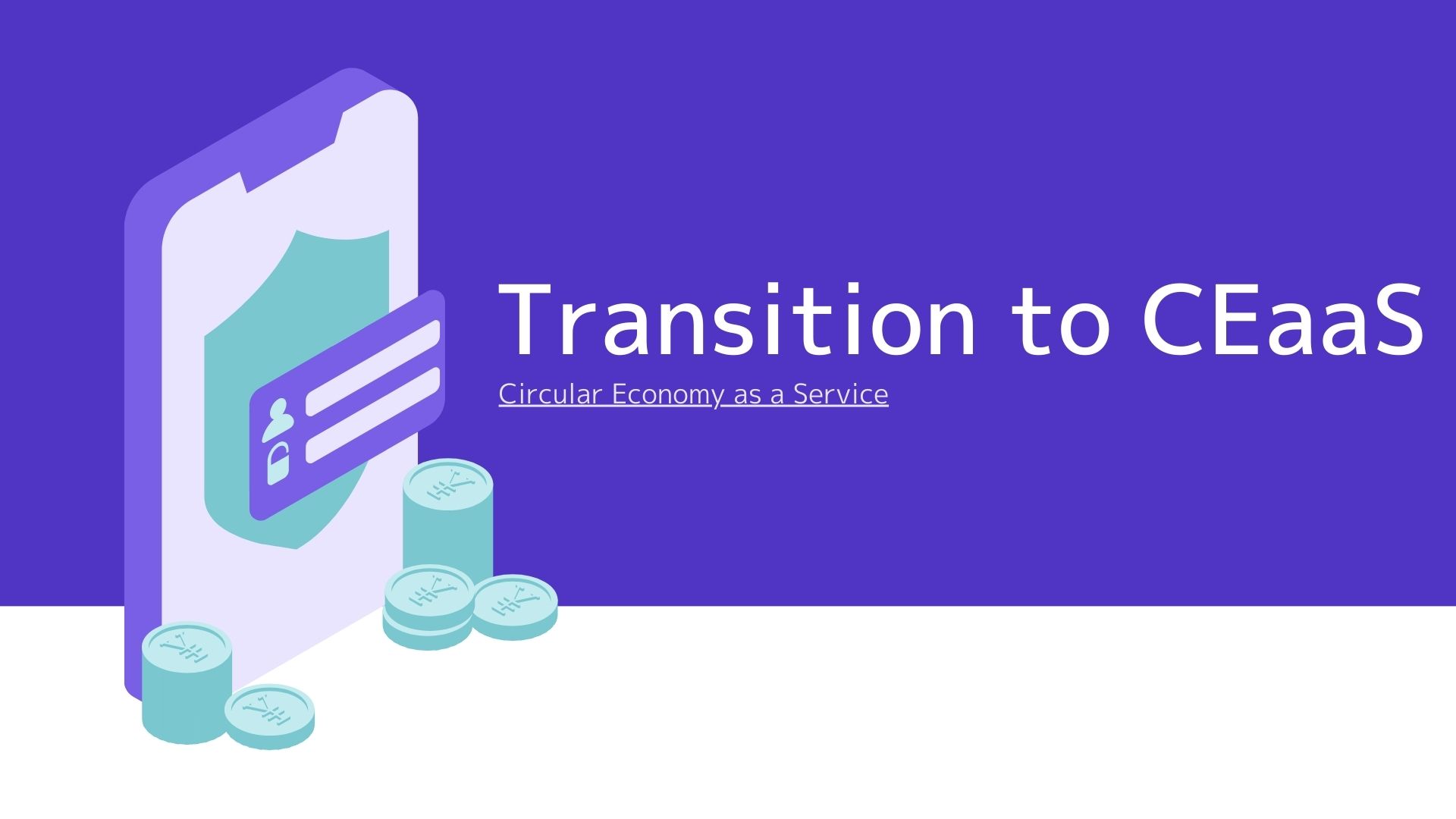Amid the lack of effective solutions, we have come to expect that the turmoil and social unrest brought by COVID-19 will continue for another two to three years.
During this period, the cost of businesses’ COVID-19 countermeasures will increase. Our company must constantly allocate internal resources to these measures, making them an unavoidable aspect of management.
Dependence on temporary staff with high turnover rates to adjust workload in busy periods, as we have done so far, means we are continually exposed to the threat of COVID-19.
Especially during peak work periods, assuming we must avoid at all costs a cluster infection that could potentially shut down our entire company, given our small size, we are beginning to feel the need to raise the wage levels of directly hired employees and part-timers to ensure their availability, and to operate within a high-quality talent pool that the company can control.
Foreign workers aren’t coming in, and labor shortages are intensifying, leading to soaring costs for temporary staff. We are leaning towards this view more than ever, as we believe that the shortage of temporary staff will become even more apparent.
In such circumstances, of course, we want to aim for labor-saving measures as part of our COVID-19 strategy, seek rationalization of work, introduce full automation, and strengthen digital training for our employees, in other words, accelerate digital transformation.
However, the hurdle to achieving this ideal is high.
Upon reflection, perhaps the reason why small and medium-sized enterprises (SMEs) in Japan can’t break free is due to this structure.
No matter how much SMEs like us try to improve the quality of regular employees, advance full automation and mechanization, and increase productivity, as long as the reality exists that it is cheaper to perform tasks with low-cost labor, our message doesn’t resonate with the large corporations that give us work.
This is what I feel is hindering productivity improvement in Japan, creating a vicious cycle where we ultimately lose momentum in productivity improvement to overseas companies, and national productivity does not increase.
So, are we to become a Don Quixote around here?



